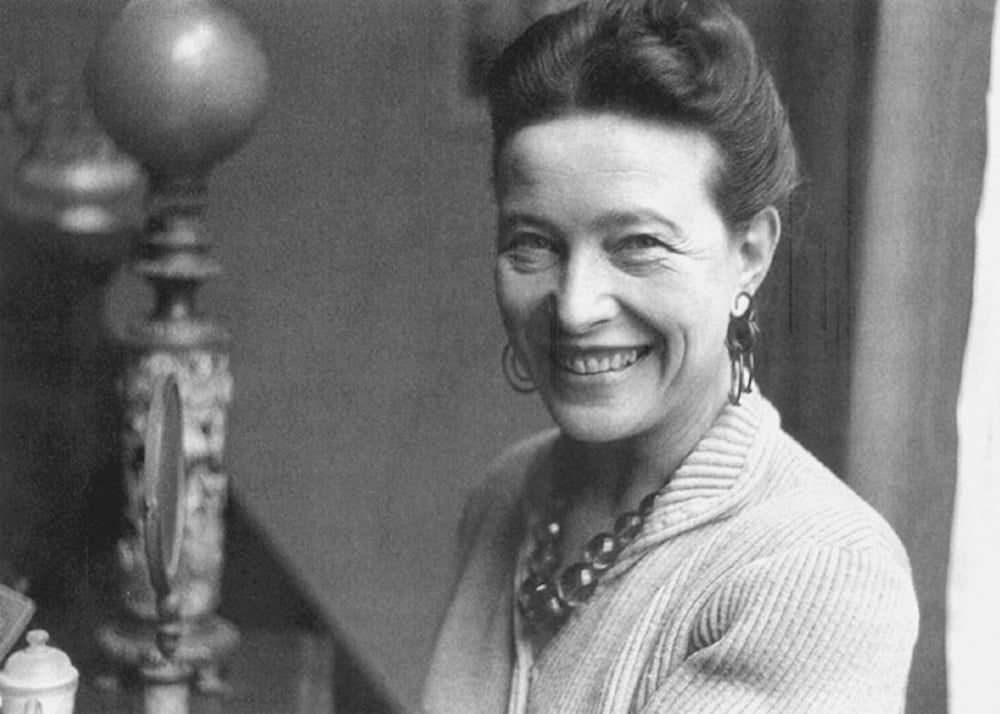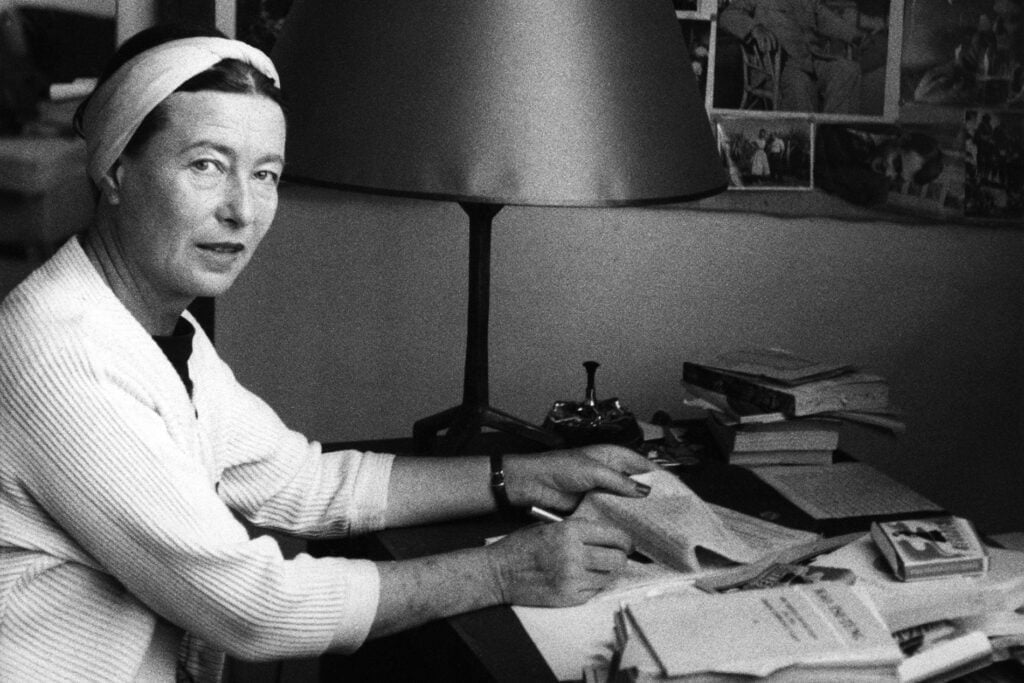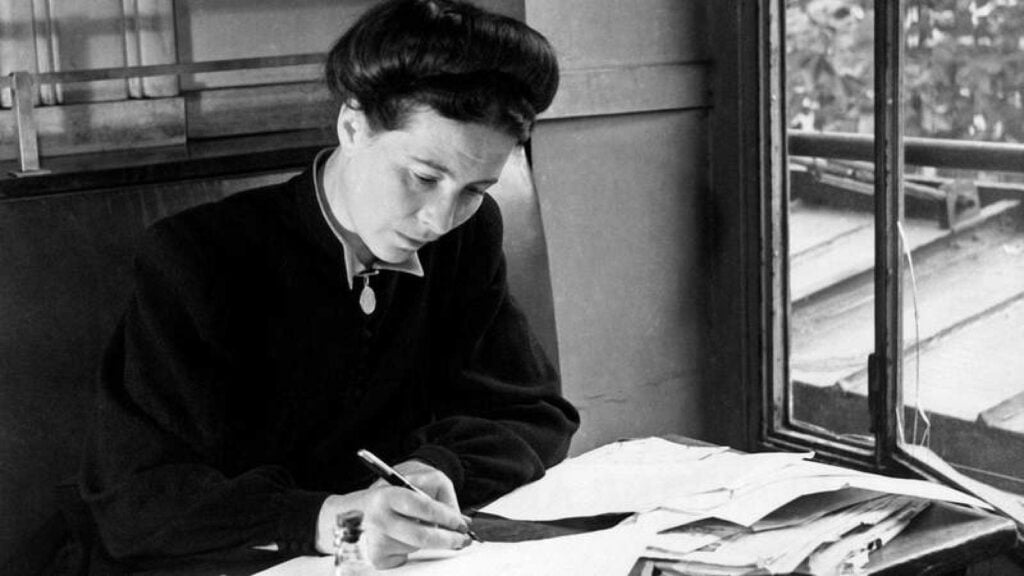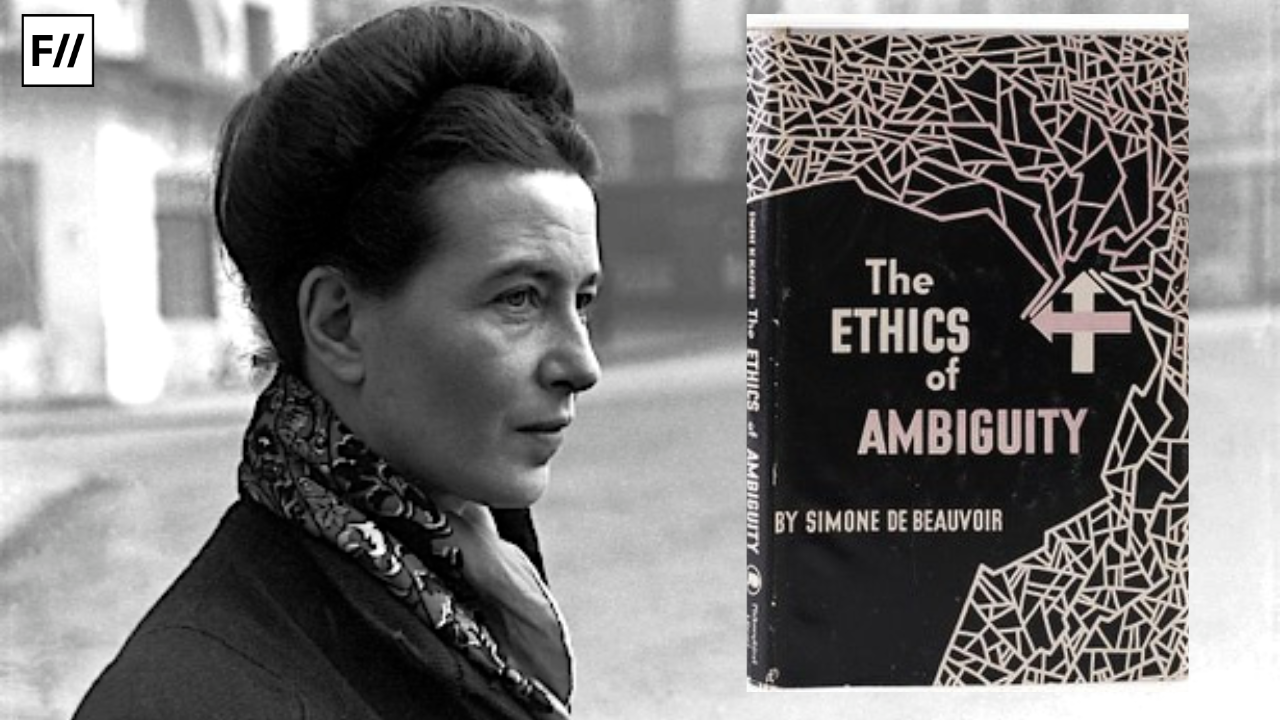Despite being written more than a half-decade ago, Simone de Beauvoir’s philosophical text The Ethics of Ambiguity is still relevant today and is regarded as a foundational text of existentialist philosophy. Reading the book and thinking about being human will make you feel compelled to take advantage of the best part of life: freedom. She was inspired by Jean-Paul Sartre’s promise at the end of Being and Nothingness (1943), a project for which he wrote many notes but never finished. However, is the theory that Beauvoir’s text contains, defensible? And does it provide us with practical advice on how to live our lives?
Human consciousness, according to Beauvoir, is dependent on but not identical to bodily or material aspects of our being. However, de Beauvoir, like many other feminist thinkers, sees the tendency embedded in the Western philosophical tradition to prioritize one side of an apparent dualism as problematic.
The central existentialist premise that ‘existence precedes essence’ is the starting point for The Ethics of Ambiguity. Essentially, humans create our own essence or nature through their choices and actions. When Beauvoir speaks of human essence, she is referring not only to this broad concept, but also to Heidegger’s assertion in being and time that our creation of ourselves in the present is based on both our past actions and the choices we make while projecting ourselves into the future.

In other words, there is an ambiguity for Beauvoir between an individual’s past as a given thing determining the nature of the present and the future they are about to freely create. We feel the ethical weight of each decision we make because the future consequences of our current choices are unknown. However, this is only one aspect of the ambiguity suggested by Beauvoir.
Also read: Looking Back At Simone De Beauvoir Through Her Own Political Lens
Humans are also befuddled by our dual nature, which Beauvoir sees as made up of both matter and thought (or body and consciousness). Human consciousness, according to Beauvoir, is dependent on but not identical to bodily or material aspects of our being. However, de Beauvoir, like many other feminist thinkers, sees the tendency embedded in the Western philosophical tradition to prioritise one side of an apparent dualism as problematic.
From explaining the ambiguity of existence to its reason and reaction, Beauvoir concludes with the argument that all of this makes existentialism a philosophy for the collective good, in other words, the ethics of ambiguity — the same argument at the heart of Sartre’s ‘Existentialism is a Humanism.’
People mature to varying degrees, according to Beauvoir. The more mature we become, the more aware we become of our liberties. The unfortunate part is that many people do not fully mature, which means that many of us do not reach our full potential. She contends that every man, sooner or later, realizes that the childhood he grew up in was a world created for him by his parents or adults, and that he is not bound by any universality of rules or ethics. He is free, free to create his own world and set his own rules, but he can only do so because of what he has been — a child. This freedom, which should be liberating, ends up being a disturbing realization, one that lifts the veil of man’s finite ceiling and abandons him in the infinite world.

In Beauvoir’s taxonomy of people, there are various types of maturity levels. The sub-man comes first. He may be lazy, lack imagination, or be indifferent, but he avoids doing meaningful things with his life. This is because he is unaware of his freedom. The serious man comes next, which is where the majority of people are. He works to improve his situation and achieve goals that he believes are worthwhile. His issue is that he is unable to recognise that moral codes are subjective. As a result, he is prone to being a mindless follower. The nihilist comes next, who recognises that human values are subjective. However, because he recognises the subjective nature of values, she concludes that all human endeavours are meaningless and worthless. She chooses not to use her freedom constructively because she regards it as worthless.
Also read: Book Review: The Second Sex By Simone De Beauvoir
From explaining the ambiguity of existence to its reason and reaction, Beauvoir concludes with the argument that all of this makes existentialism a philosophy for the collective good, in other words, the ethics of ambiguity — the same argument at the heart of Sartre’s ‘Existentialism is a Humanism.’

Overall, the book touches on the core principles of existentialism, approaches the absurdity of existence from a new angle, and provides the reader with a fresh take on the same principles. Beauvoir’s brief but authoritative text should be required reading for anyone interested in this branch of philosophy.
About the author(s)
A 23-yr old aspiring recluse who's always looking to superimpose cinema, art, philosophy, writing, and literature on one another. Gulping books and coffee is second nature, the first is cynicism.




